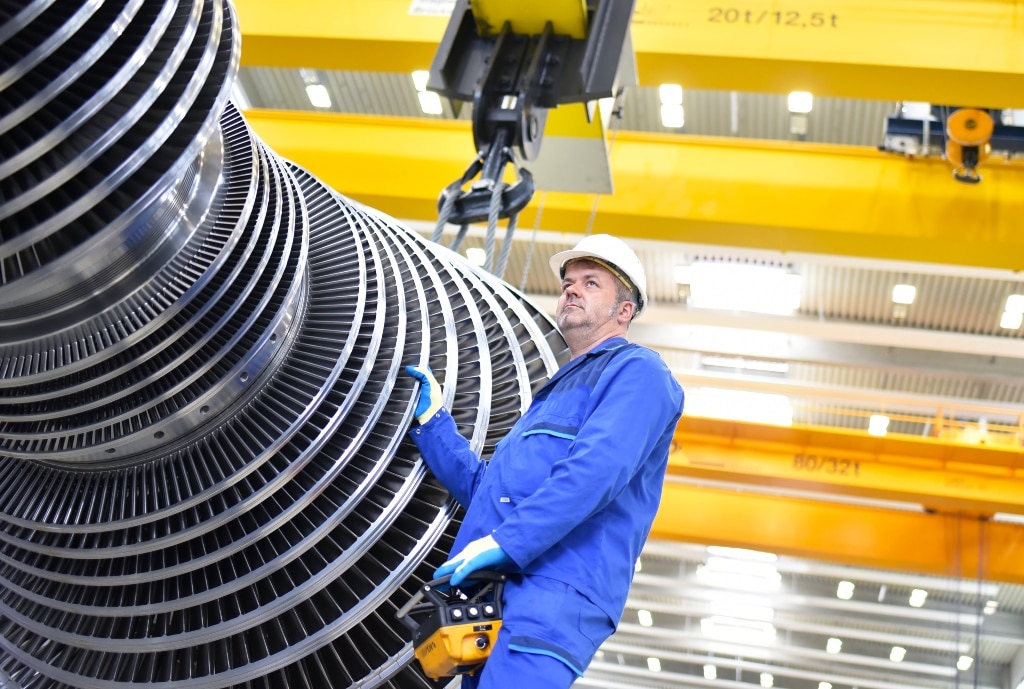Why industries are betting on machine learning
The objective of machine learning is to draw from the existing data in the system so that it can make decisions and offer recommendations based on millions of calculations. The process lays its foundations on also disruptive technologies such as Artificial Intelligence and deep learning from the database that is offered to achieve the necessary growth.
In machine learning, human intervention is very small thanks to the fact that systems learn, identify patterns and make decisions practically autonomously. Thus, machines increase precision and therefore efficiency, while reducing by a very high percentage the fact that human error is filtered.
Machine learning and its importance
Fortunately, today there is a huge amount of data available to companies, the ability to store data affordably, as is the case with processing capabilities. This makes machine learning a reality. Increasingly, industries are striving to develop bigger and better models with the ability to analyze more complex data and that deliver faster and more accurate results. In short, machine learning is making it possible to distinguish more beneficial opportunities and possible risks, more accurately and quickly.
Industries whose results depend on a successful analysis of huge amounts of data have turned to machine learning as the ideal tool for creating models, developing strategies and planning in companies.
Some industries that are committed to machine learning
Manufacturing
Machine learning has become key to the vast manufacturing industry. Machine learning applications in manufacturing aim to achieve the goal of improving operations from conceptualization to final delivery, significantly reducing error rates, improving predictive maintenance, and increasing inventory turnover.
In addition, machine learning helps companies improve logistics solutions that include asset management, supply chain and inventory. It also plays a key role in improving overall equipment effectiveness by measuring the availability, performance, and quality of manufacturing equipment.
The automotive industry
Steps have been taken in the automotive industry to differentiate itself by leveraging the capabilities of machine learning and big data analytics to improve operations, marketing and the customer experience before, during and after the purchase. Predictive analytics enables manufacturers to monitor and share vital information about potential vehicle or part errors with dealers, reducing customer maintenance costs. And by identifying trends and patterns from large datasets on vehicle ownership, dealer networks can be optimized by location for accurate, real-time parts inventory and better customer service.
Transport
The profitability of the transportation industry rests primarily on precision and efficiency. In the same way, the ability to predict and solve potential problems is also key. That’s why the data analysis and modeling capabilities of machine learning have been so well suited to companies in the public transportation, freight, and courier industries. Machine learning uses algorithms to find factors that actually affect the success of a supply chain, making machine learning a critical component.
Within logistics, machine learning facilitates the ability of programmers to optimize the selection of carriers, routes and quality control processes, which means cost savings and increased efficiency. Its ability to analyze thousands of data points simultaneously and apply algorithms faster than any human being allows problems to be solved that people have not yet been able to remotely identify.
Pharmaceutical
The idea behind machine learning in the pharmaceutical industry is not to replace the doctor, but to focus on improving your medical expertise. Artificial Intelligence programs collect all the knowledge that a doctor has and scale it to the highest levels. Machine learning learns that data and puts it into practice for the benefit of products and, therefore, the industry.
Fuel industry
Both machine learning and Artificial Intelligence are concerned with finding new energy sources and analyzing mineral deposits in the ground, predicting possible errors in a refinery’s sensors, and optimizing oil distribution to increase efficiency and reduce costs. And, above all, machine learning is making an industry as dangerous as this one more and more secure.










